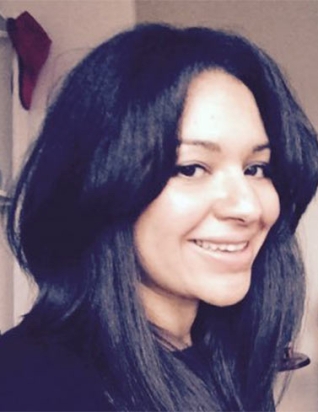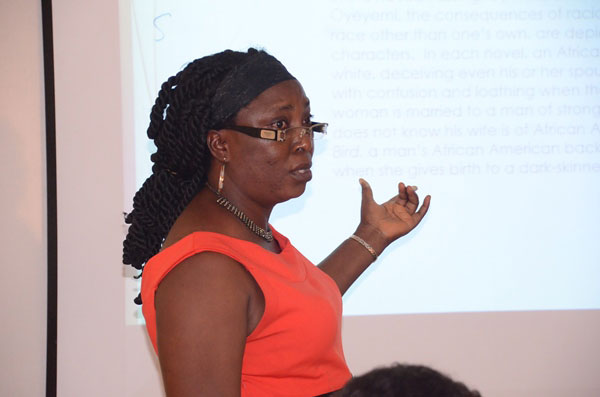Doublings and Dissociation in Nella Larsen’s Passing and Helen Oyeyemi’s Boy, Snow, BirdPosted in Articles, Literary/Artistic Criticism, Media Archive on 2023-01-25 02:06Z by Steven |
Doublings and Dissociation in Nella Larsen’s Passing and Helen Oyeyemi’s Boy, Snow, Bird
Angelaki: Journal of the Theoretical Humanities
Volume 27, 2022 – Issue 3-4: after modernism: women, gender, race. issue editor: pelagia goulimari
Pages 182-198
DOI: 10.1080/0969725X.2022.2093974
Jean Wyatt, Professor of English; Emerita
Occidental College, Los Angeles, California
In this paper I explore the representations of alter ego figures in a Black Modernist work, Passing, by Nella Larsen (1929) and in a contemporary black British novel by Helen Oyeyemi, Boy, Snow, Bird (2014). Oyeyemi claims Larsen’s novel as an influential forbear. When the protagonist of Larsen’s Passing, Irene, is in the presence of her friend Clare, she acts, speaks, and expresses her feelings in a far different mode from her usual rigid conformity to ladylike propriety. She seems, indeed, to be a different person. Although critics have long seen Clare as an alter ego for Irene, I argue instead that it is Clare’s presence that brings out in Irene an alter ego, a new personality structure. Using as a theoretical framework Philip Bromberg’s model of subjectivity as a series of alternating self-states – each distinct and discontinuous with the others – I argue that Larsen is giving the nineteenth-century alter ego of literary tradition a new depth by dramatizing the way a subject changes personality to a different self as a result of a close relationship with a particular other. Irene’s subjectivity is further complicated by her enactment of upper-class “lady” in her every gesture, tone, and word. The performed identity of (white) “lady” is at odds with the everyday reality of Irene’s social position as middle-class black wife and mother. Attention to the multiplicity of Irene’s competing self-states, and her growing loss of control over them, can help us to understand the ambiguous final scene in which Irene (apparently) pushes Clare out of a sixth-floor window to her death. In Boy, Snow, Bird alter egos proliferate. To manage the relentless physical and mental abuse that the character narrator Boy endures from her father, Boy finds escape in colloquies with her mirror image. The mirror image is separate from Boy (she does not recognize it as her own reflection) and has its own agenda, sometimes replacing Boy’s subjectivity with its own. Later in the novel, we learn that Frances, Boy’s mother, after suffering a violent rape, saw in her mirror a male figure and transformed herself into that male identity. [The novel seems to ask readers to think of both instances of wounded identity and the adoption of alter egos in relationship to each other.] This is not Bromberg’s “normal” dissociation as an alternation of self-states, but a lasting and severe dissociation as a last defense against trauma. Boy and Frances are using the mirror double as an escape from unbearable reality. When, to her surprise, Boy gives birth to an African American baby, the intense anxiety about her child’s future in the racist United States causes a different kind of splitting: she feels herself transforming into the wicked stepmother of the fairy tale “Snow White.” She indeed becomes cruel, unfeeling, and damaging to her innocent stepdaughter Snow. In both novels, the complex depiction of alter egos reflects the psychic complications of subjects trying to survive in the racist social order of the United States.
Read or purchase the article here.



